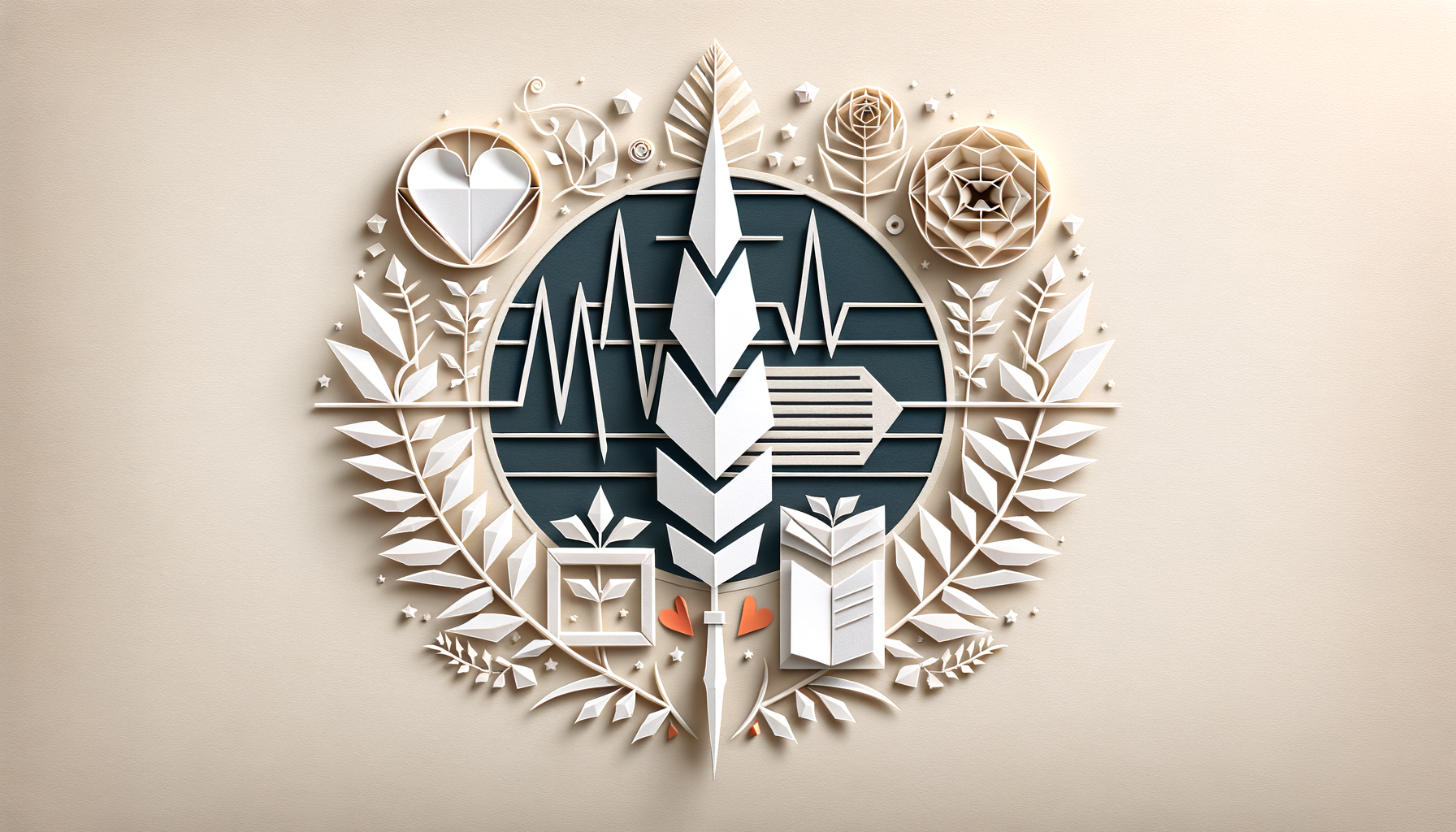There’s a scene in Finding Nemo—yes, I’m breaking the ice with a Pixar reference—where Marlin and Dory swim through a murky abyss. Dory, with her relentless optimism, hums, “Just keep swimming.” That mantra, though intended for fish navigating the dark unknown, feels equally apt for writers. Writing, you’ll find, often feels like plunging into dim waters, guessing which direction will lead to something meaningful. And yet, I keep going. But why do I write (and keep writing)? Let’s explore, shall we?
Stories Are How We Navigate the World
Before I wrote novels set in Nantucket’s whaling heyday or puffed my chest about my Harvard degree (a history major—classic choice for anyone who loves questions more than answers), I was a kid scampering around Nantucket’s beaches. I’d dig holes in the sand, imagining they were escape routes for buried pirates. I’d collect driftwood resembling ancient relics and hand them to my mother, proclaiming I’d found clues to a sailor’s tragic tale.
Storytelling, even in its most juvenile and raw form, felt like my compass. If life was chaotic, stories offered clarity. When I later penned my first novel, I realized stories also connect us. They’re not just about the past; they’re about shared humanity, stitching together the complexities of living in the present. Whether you’re reading a centuries-old whaler’s diary or scrolling through someone’s dating profile bio (a story in its own right), the “I’ve been there” feeling is universal.
Writing Is How I Love, Fight, and Flirt With the World
You know how some people “fight” in text messages with oddly formal paragraphs that begin, “First of all…”? I’ve never been that person. Words are my favorite battleground, but more knife fight than court case—quick, precise, maybe a little sly. Whether you’re crafting a retort during a debate (good-natured, obviously) or wooing someone over candlelit dinner, writing sharpens what we say and what we mean.
Take flirting, for example. A clever-yet-unforced compliment or an irresistibly funny one-liner is seductive in a way that emojis will never be. Writing lets us rehearse these things. We can practice combining humor, insight, and curiosity—a skill not just reserved for bar-side pickup lines but for any effort to get closer to someone.
That’s why I write: it forces me to notice the details often missed. If a first date’s awkward moment inspires a fictional scene, or if a hilarious miscommunication compels me to scribble notes under the dinner table (yes, I’ve done this), it’s a reminder that writing demands I dive into life fully, flaws and all.
The Island Effect: Why Place Matters in Stories (and in Love)
Living on Nantucket, an island steeped in intimacy and rhythm, you come to understand the importance of setting. Context isn’t just background in stories; it’s the skeleton that holds them steady. In dating and relationships, the same principle applies.
Have you ever walked into a date and immediately regretted the setting? Maybe you assumed a quiet wine bar would be the perfect match to your intellectual banter, but it turned into karaoke night (and now they’re butchering “Livin’ on a Prayer”). Atmosphere matters as much in romance as it does in writing.
When I sit down to write—whether it’s fiction, essays, or this article—my Nantucket roots seep into everything. There’s a pace to the island, one that mirrors ideal relationships: steady, profound, enduring. Sure, storms roll through, but the harbor remains. The lesson? Whether I’m building a fictional world or building connections in real life, place—physical or emotional—matters.
Writing Is Relatable Chaos in a World of Polished Facades
Let’s be honest: half of what we see on social media is curated nonsense. Nobody posts about the third slice of cold pizza eaten alone in bed or the coffee stain shaped disturbingly like the state of Texas on their shirt the morning of an important meeting. Writing, however, is messier than that. Writing demands you ditch the façade and wade into deeper waters.
Dating, like writing, is notoriously messy as well. No one emerges unscathed from a long night of candid stories and vulnerable admissions. Both activities force you to confront discomfort, make peace with it, and turn it into something that feels meaningful, even beautiful. Whether you’re penning a scene or explaining to someone why you ghosted their text for 12 hours (pro tip: “I was busy” is never a powerful narrative), the truth demands reckoning.
Sea Legs Are Earned Only After the Storms
Writing isn’t always fun. Come to think of it, neither is love. Both invite an incredible mix of joy, heartbreak, frustration, and late-night Googling (yes, I use the search bar to confirm if 19th-century sailors honestly sang sea shanties that much, and no, your ex probably isn’t googling how to win you back. Let’s move on).
The point here is resilience. Writing means getting rejected and criticized. It means laughing at typos that completely change your meaning (RIP to that one sentence about “whaling ships” that autocorrected to “wailing chips” in an early draft). Similarly, relationships force you to weather the embarrassing moments, fights, and heartbreaks that make connection truly worthwhile.
You don’t quit a relationship with learning potential just because it’s hard. You adjust your sails, learn the tides. That’s what writing taught me. Some days I churn out work that’s less “work of art” and more “basic grocery list vibes.” On other days, I create something that feels true, enduring, maybe even a little timeless. Isn’t that true of love, too? You learn only by doing.
Parting Thoughts: Why the Stories Keep Coming
A former professor once told me, “We don’t write because we have the answers. We write because we need to ask better questions.” That line has stayed with me, not just as a guiding principle for writing but for relationships too.
Why do I write? Because it helps me understand something about myself, about others, and about this world we’re all trying to figure out. It lets me sift through the half-truths and misunderstandings, turning chaos into clarity—and, sometimes, humor. Writing is my way of flirting with the world. It’s my toolkit for care, my lighthouse on stormy seas. It lets me laugh at the awkward silences, find poetry in missed connections, and cherish the moments when everything falls perfectly into place.
And so, like Dory hums with determined cheer, I just keep writing.




















